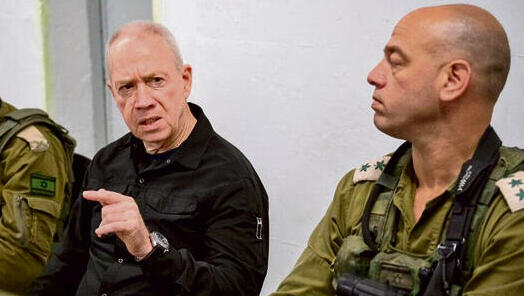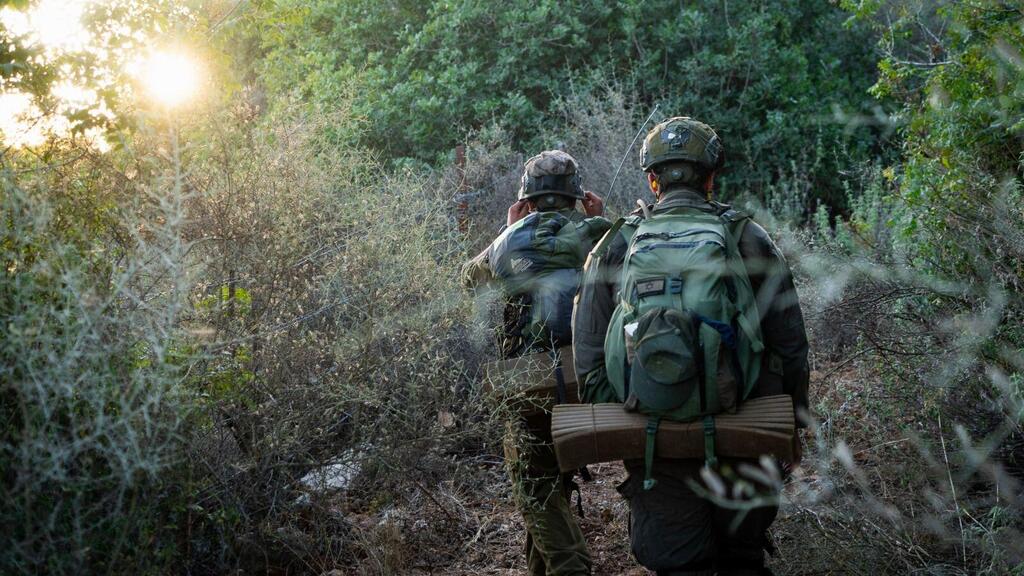Amid the climbing escalations on the northern border and Iran’s threats to join Hezbollah in attacking Israel in a “war of annihilation” should an offensive break out, it seems a breaking point is fast approaching. However, some in the Lebanese terror group wish to cool the winds of war, fearing for Lebanon’s fate.
Ibrahim al-Amin, editor-in-chief of Hezbollah-affiliated Lebanese news out Al-Akhbar, wrote several days ago that "the resistance doesn’t wish for a full-scale war, it’s acting in every way to prevent it, including in bolstering rhetoric on the political level and increasing readiness on the operational level while carrying out certain actions to draw the enemy's attention to the fact that a war will come at a major cost.”
Al-Amin’s words reflect the overall sentiment in Lebanon, which doesn't care that peripheral villages are being attacked by the IDF but will change its tune once Beirut receives the same treatment. While the IDF knows such a war would incur heavy losses, officials add, “It’ll be hard, but it’ll be 100 times harder for Beirut.”
In fact, one senior IDF General Staff officer believes Israel should have retaliated against the country when Hezbollah attacked for the first time. "The State of Lebanon should have been part of the equation from the very beginning," he said. "We made a mistake by not including it in the campaign. We would have exerted international and internal pressure, which would have acted as a restraining factor for Hezbollah to continue their attacks."
The issue has no wide consensus within the General Staff, as others believe such a move would have led to a wider war, strengthened Hezbollah’s image as Lebanon's protector, and harmed the main effort against Hamas in Gaza.
Meanwhile, other senior IDF officials say they believe the terror group had lost its advantage of surprise after much of Israel’s north has been evacuated and with residents aware of how to protect themselves against attacks. They add, however, that Hezbollah won’t be the one to dictate the end of the conflict. “Ultimately, we’ll have to return northern residents back home. If an agreement ensuring their safety won’t pass, we’ll have to take action.”
Another senior officer said an agreement is meaningless without a ground operation along the border aimed at destroying Hezbollah’s entrenchment in the area. "Airstrikes won’t destroy the infrastructures," he stressed.
"Suppose we reach an agreement without a ground operation and Hezbollah moves a few kilometers away from the border. Several months will pass, and one morning the intelligence officer will bring in a classified document indicating two Hezbollah battalions were located entering the village of Kila, opposite Metula. They aren’t in uniform but are armed. What do we do then? What do we tell the residents?"
In his view, Israel won’t have a better opportunity: "Hezbollah’s Radwan forces aren’t on the border, nor are our civilians. We’re being told the IDF will take its time to strengthen for two to three years. But in the meantime, Iran will own nuclear weapons, and Hezbollah, with Iranian aid, knows how to double its strength much faster than the Israeli defense industries."
 Yossi YehoshuaPhoto: Neville Harris
Yossi YehoshuaPhoto: Neville HarrisThe General Staff doesn’t contradict these assessments but said there will be no "limited campaign" on the northern border. Such an operation will most likely turn into a broad campaign with high probability to set off a regional war with Iran and its proxies, such as Shiite militias and the Houthis. The General Staff says Israel needs American backing for such a war, one that doesn’t exist at the moment.






